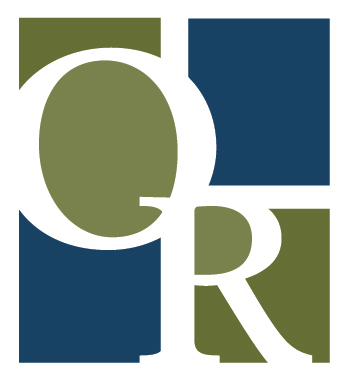Understanding Mortgage Fees and Closing Costs
The amount you borrow to buy your house and the fees required to close the transaction are quite different, and may be 3-5% of your overall mortgage. Every buyer may not pay all the fees listed below due to terms, geographic differences, and different lender charges. Anytime during the buying or selling process we are here to help you understand these costs.
General Loan Fees
Application Fee: A fee to reimburse the lender for internal costs associated with the application process (Usually under $300)
Appraisal Fee: For an independent appraiser hired by the lender to determine the property value and verify if the property is worth the sale price you offered it for (Expect $200-$500)
Assumption Fee: Buyers may (assume) take over the seller’s existing mortgage, if so a variable fee may be charged by the lender
Credit Report Fee: Also called a “credit check fee” to obtain a credit report to decide if you are an acceptable credit risk (Average is about $25/credit report checked)
Interest: Many lenders require the buyer to pay the accrued interest from their loan beginning the day of the settlement to the first monthly mortgage payment due date
Mortgage Insurance Application Fee: An application process fee charged by the lender when the down payment is less than 20% of the purchase price because buyers will therefore be required to carry private mortgage insurance to protect your lender if you default on your loan
Lender’s Inspection Fee: Pays for the inspection by the lender if you are building a new home or purchasing one under construction. (Usually under $100)
Lender’s Attorney Fee: If a lender involves an attorney for any reason in a transaction, the buyer pays (About $400)
Loan Origination Fee: A fee for establishing a new loan pay to the lender for their service in originating the loan (Varies from 0.5%-2% of the loan amount)
Loan Discount Points: Also called point or discount point. A one time charge from the lender or mortgage broker to lower the interest rate which lowers the monthly mortgage payment. More points paid up front = lower interest rate. *Note: the interest rate does not decrease by one percent per point
Mortgage Broker Fee: A commission based upon the amount borrowed, paid to the mortgage broker for finding the mortgage
Mortgage Insurance Premium: Lenders may require the borrower to pay their first year’s mortgage insurance premium up front. Others ask for a lump sum insurance premium payment at closing, which covers the life of the loan
Process Fee: A fee the lender charges to cover costs related to the processing and closing of a mortgage loan
Reserve Account Funds: A prorated amount, which your monthly mortgage payments are likely to include, to cover property taxes and homeowner’s insurance. The money is held in a “reserve” or an “escrow” account by the lender who makes the payments for you. It may be required by your lender to pay advanced payments to be sure the reserve fund has enough money to pay the bills
Tax Related Service Fee: To set up a service that identifies the payment due date of local taxes for the servicer of the loan
Underwriting Fee: To cover the final analysis/approval of the mortgage, often the lender’s cost to the investor that will consequently purchase the loan
Wire Transfer Fee: Covers the cost of wiring money, usually done by escrow
Insurance and Taxes
Annual Assessments: If you have annual assessments made by your homeowners or condominium association, you may have to pay 2 month’s worth up front
Flood Insurance Premium: This type of insurance lenders may require, with the premium paid at closing, depending on property location
Homeowner’s Insurance Premium: This policy protects the lender and owner against loss of the house from fire, wind, or natural disasters. Often the buyer pays some of the premium at closing
Taxes: 2 month’s worth of city property taxes, and county property taxes which the buyer pays at closing
Title Charges
Attorney Fees: In some geographic locations, an attorney not a title company handles closing. Sometimes a lender hires an attorney to review certain documents ($500-$1,000+)
Notary Fees: Pays for the notary public that witness that the signatures on the closing documents are made by the people on the documents
Title Insurance Fees: A policy that protects the owner/lender by guaranteeing the title to the property is clear (Average is $350 – 1% of the loan)
Title Search: A search done to make sure there are no unpaid mortgages or tax liens on the property (About $200)
Government Recording and Transfer Charges
Courier Fee: If documents are picked up or delivered by a courier
Lead-Based Paint Inspection: Covers cost for the evaluation of lead-based paint risk
Pest Inspection: May be required depending on location
Radon Test: Covers cost of testing for the presence of radon gas, which may be a problem in some geographic locations
Recording Fees: A fee to get the sale recorded in the public record (About $100)
Survey: A property boundaries survey (About $1,000)
Transfer Taxes: A fee, usually collected by the state for transferring the title of the property with a certain jurisdiction

